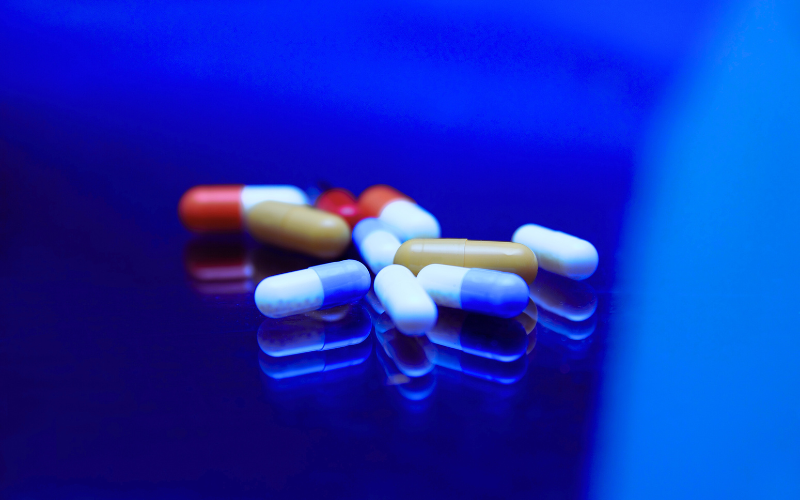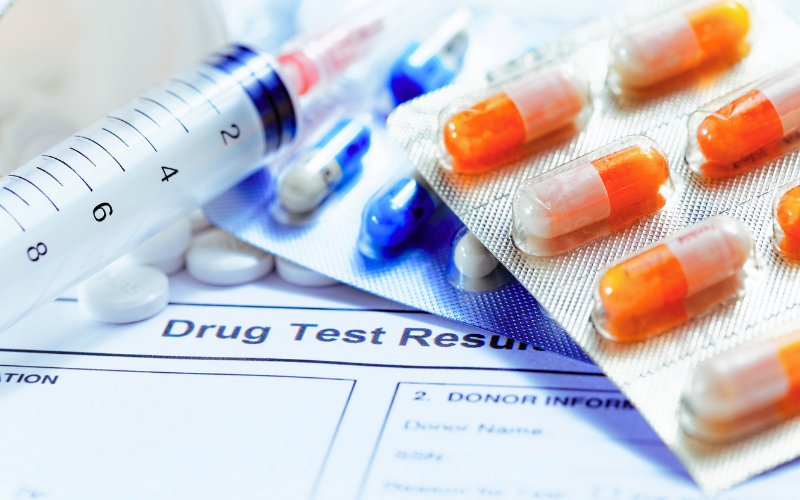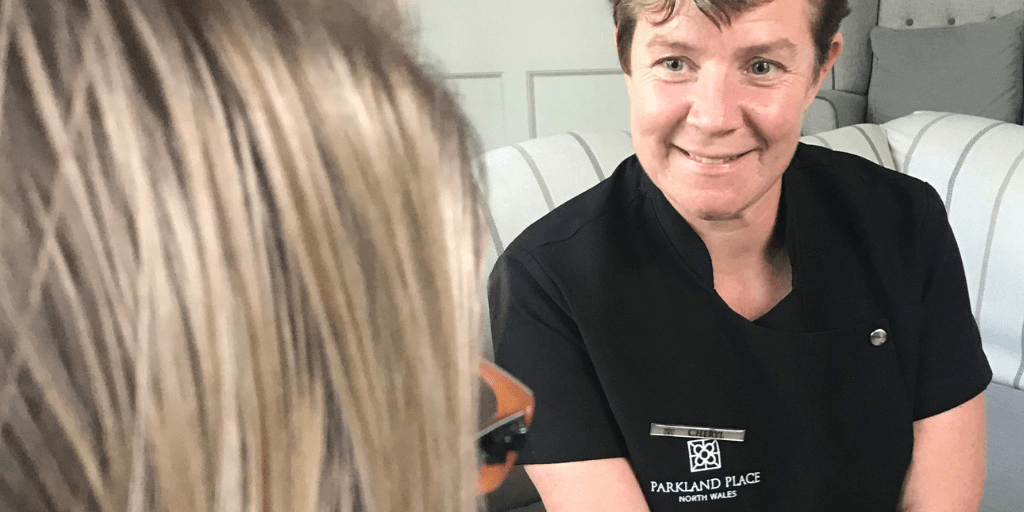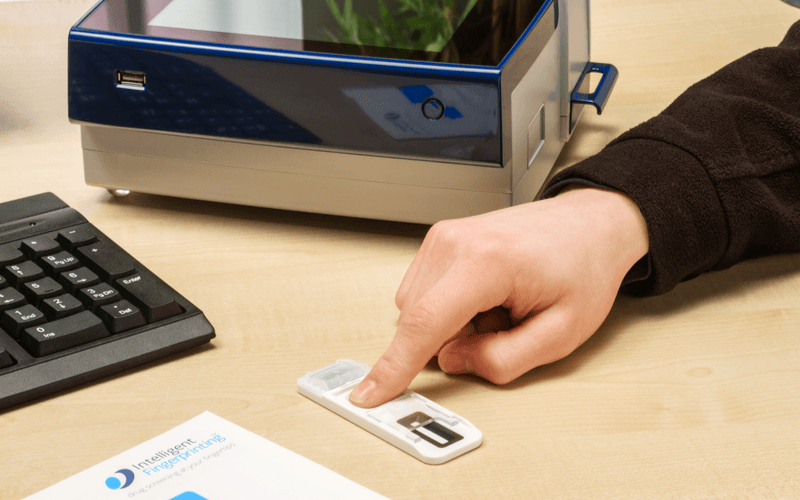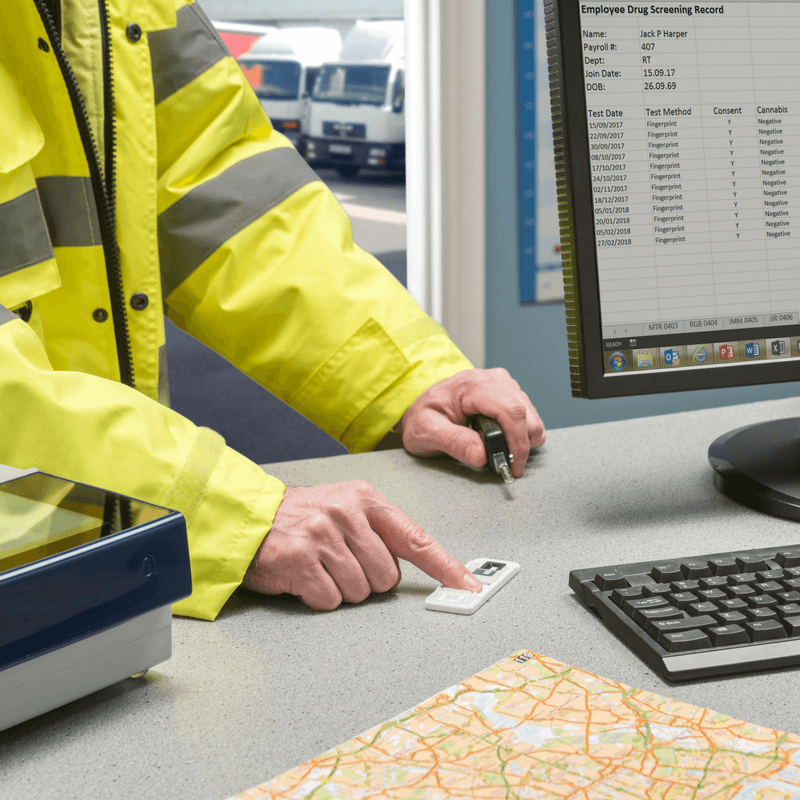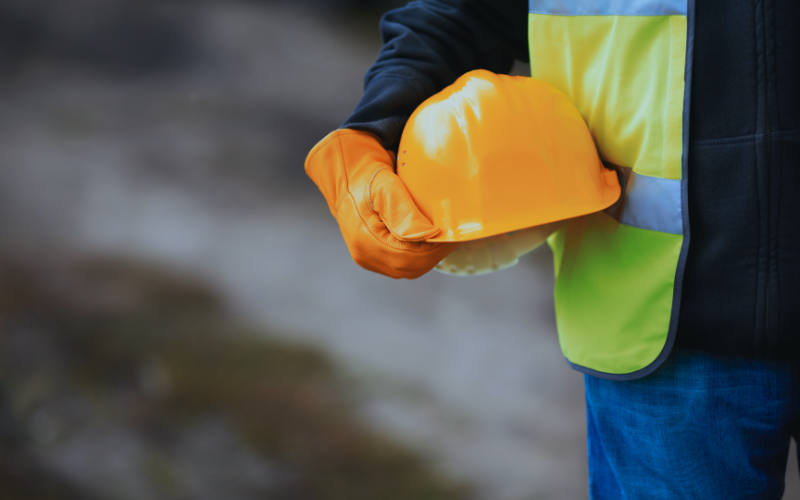Originally published by Transport Operator.
Dr Paul Yates, business development director at Intelligent Fingerprinting, examines the role and management of drug screening in the workplace for commercial transport operators
Drug misuse is a serious concern when it comes to health and safety in the workplace – particularly in those safety-critical environments where transport operators are responsible for HGV, PSV or LCV vehicles and their cargos or passengers.
However, many organisations find it hard to really deliver on workplace drug testing as they frequently have to rely on traditional screening approaches that require the collection of body fluid samples (usually urine, saliva or sometimes blood) – and are generally invasive and challenging to run.
Collection can also require specially prepared sample collection areas, and hazardous waste disposal facilities for traditional oral fluid or urine-based drug screening.
These factors can restrict a more proactive approach to tackling drug misuse in the workplace. So what’s the alternative? We’ve established that drug screening is necessary, but how can we make it more practical, faster, easier to manage, and also more dignified? Similarly, how can we make sure that the process doesn’t disrupt the day-to-day working environment?
To address these challenges, British company Intelligent Fingerprinting launched an entirely new approach to drug screening in August, which relies on testing the sweat from a fingerprint. It’s a screening method that’s non-invasive, portable, quick and easy-to-use, and that also offers a much more dignified drug testing process for those being tested, as well as those administering the test.
Results are available within minutes. It’s also particularly applicable for supporting workplace testing as part of a broader health and safety strategy, with the non-invasive drug screening system enabling truly random and immediate workplace testing.
The process is simple. First, the test subject’s fingerprint sample is collected via a small disposable cartridge. The Intelligent Fingerprinting Cartridge is designed to be ‘tamper-evident’ meaning that, once the sample has been collected, it is protected from inadvertent contamination with another person’s fingerprint and kept secure ready for analysis.
Once the test is activated, it is then inserted into the Intelligent Fingerprinting Reader 1000, which analyses the sweat in the fingerprint for traces of the target drugs or drug metabolites.
A single screening test can detect evidence of four drugs of abuse groups: amphetamines, cannabis, cocaine and opiates. Because the Reader delivers a pass or fail result within just 10 minutes, testers are immediately alerted to a potential employee issue and act according to their organisation’s drug misuse policy.
This kind of non-invasive drug testing solution is particularly flexible, making it an ideal option for commercial vehicle operators looking to support truly random and spontaneous workplace testing.
Key benefits of the approach for workplace testing include reduced reliance on the invasive collection of biohazardous body-fluid samples, and removal of the need for gender-specific staff to witness urine sample collection.
Initial pilot customer feedback indicates that a fingerprint-based solution is easier to use and more convenient than traditional drug testing methods.
The arrival of the new technology has the potential to revolutionise drug screening in the workplace, supporting health and safety policies and ensuring that active drug testing can play an effective and positive role in your workplace drug misuse policy.
Specifically, fingerprint-based drug screening could provide organisations with a cost-effective and practical way of delivering more effective drug misuse policies, supporting health and safety initiatives, discouraging drug use and – critically – helping to reduce drug-related accidents and identify those employees who might require support to address a substance abuse problem.






